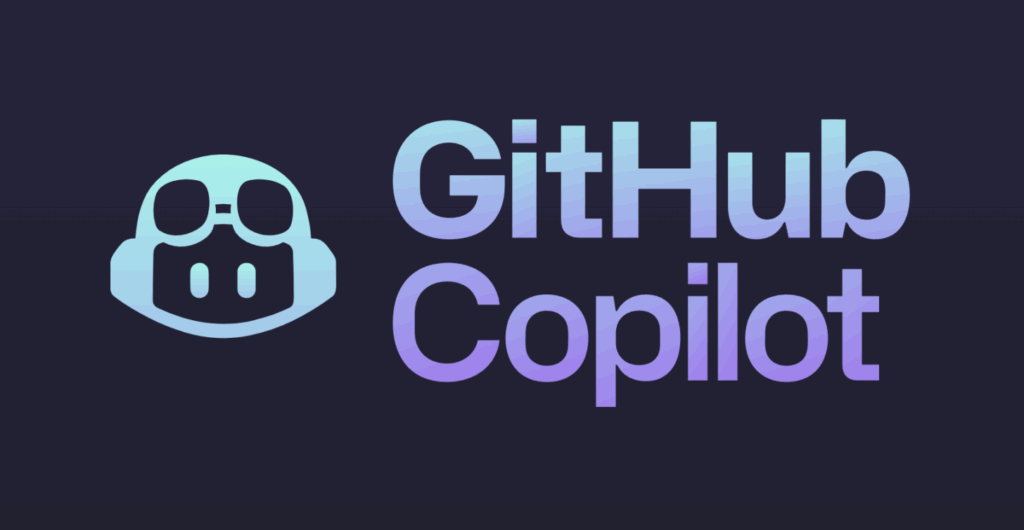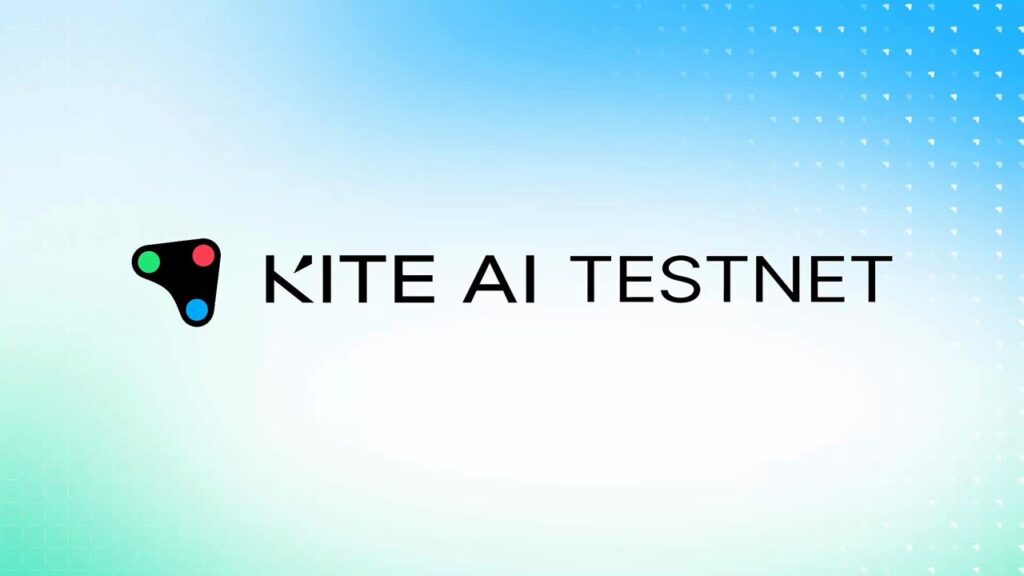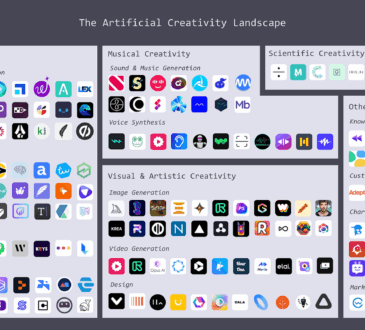
As AI technologies continue to advance, one of the most exciting developments for developers is the rise of AI-powered code generators. These tools can assist in writing code, suggest solutions, and even generate entire blocks of code based on natural language input. Whether you’re working in Python, JavaScript, or Java, there are AI tools tailored to help streamline the coding process, boost productivity, and even help new developers learn by providing code examples.
In this article, we’ll take a closer look at the top AI-powered code generators for three popular programming languages—Python, JavaScript, and Java—and compare them based on their capabilities, ease of use, and overall performance.
1. GitHub Copilot (Python, JavaScript, Java)

Overview
GitHub Copilot, powered by OpenAI’s Codex model, is one of the most popular AI code generators available today. It integrates seamlessly into Visual Studio Code and other IDEs, providing real-time code completion, suggestions, and even entire code snippets based on user input. Copilot can generate code in multiple programming languages, including Python, JavaScript, and Java, making it a versatile tool for developers across the stack.
Features:
- Contextual code completion: Copilot suggests code based on the context of what you’re currently working on.
- Multilingual support: It supports Python, JavaScript, Java, and many other languages.
- Documentation generation: Copilot can generate docstrings and inline comments to explain code.
- Learning from the codebase: The tool adapts to your coding style by learning from the repository you’re working on.
Example Usage:
- Python: Generating a function to read and parse a JSON file.
- JavaScript: Generating an API call using fetch.
- Java: Writing a basic class for managing user data.
Pros:
- High-quality, context-aware code suggestions.
- Great integration with Visual Studio Code.
- Handles complex queries and multi-step tasks.
Cons:
- Occasionally, suggestions can be incorrect or incomplete.
- Requires an internet connection for real-time suggestions.
- The code it generates isn’t always the most optimized or efficient.
2. Tabnine (Python, JavaScript, Java)

Overview
Tabnine is another leading AI-powered code generator, known for its accuracy and speed in providing code completions. Unlike GitHub Copilot, Tabnine uses its own AI model (based on GPT-3 and Codex) and is designed to work across multiple IDEs like VS Code, IntelliJ, and Sublime Text. Tabnine claims to offer code completion and suggestions that help developers write code faster, particularly when working in Python, JavaScript, and Java.
Features:
- Works offline: Tabnine can function fully offline with its local AI model.
- Cross-IDE support: Compatible with VS Code, IntelliJ, Sublime Text, and more.
- Team Collaboration: Tabnine can be configured for team settings, allowing for consistent coding practices across teams.
- Autocomplete for functions: Suggests entire functions or snippets based on the context.
Example Usage:
- Python: Completing data analysis functions with libraries like Pandas.
- JavaScript: Suggesting React components and hooks.
- Java: Writing common enterprise-level boilerplate code (e.g., getter/setter methods).
Pros:
- Faster than some other tools due to its offline capabilities.
- High-quality completions based on context.
- Great for collaborative environments with custom models for teams.
Cons:
- The free version has limited features.
- Not as advanced in generating long or multi-step code blocks compared to Copilot.
3. Amazon CodeWhisperer (Python, JavaScript, Java)

Overview
Amazon CodeWhisperer is a relatively new AI-powered code generator, launched by Amazon Web Services (AWS). It is designed to assist developers by providing code recommendations and completions, particularly for those working within the AWS ecosystem. CodeWhisperer works across multiple languages, including Python, JavaScript, and Java, and integrates with IDEs like Visual Studio Code.
Features:
- AWS integration: Perfect for developers working with AWS services, as it offers code suggestions related to AWS SDKs and APIs.
- Real-time code suggestions: CodeWhisperer can suggest entire code blocks based on the developer’s input.
- Supports multiple languages: Python, JavaScript, Java, and other popular languages.
- Security features: CodeWhisperer flags potential security risks in code, making it a great option for developers working on sensitive applications.
Example Usage:
- Python: Suggesting Python scripts for interacting with AWS services like S3 or DynamoDB.
- JavaScript: Generating code for setting up AWS Lambda functions.
- Java: Offering solutions for interacting with AWS APIs using the AWS SDK for Java.
Pros:
- Excellent for AWS-specific tasks and workflows.
- Offers code security recommendations to avoid vulnerabilities.
- Great integration with AWS developer tools.
Cons:
- Limited in terms of general-purpose code generation outside the AWS ecosystem.
- Still catching up to competitors like Copilot in terms of broader language support and features.
4. Kite (Python, JavaScript)

Overview
Kite is an AI-powered code completion tool that specializes in real-time code suggestions. Unlike GitHub Copilot and Tabnine, Kite focuses on providing completion suggestions within the IDE for languages like Python and JavaScript. Kite’s primary strength lies in its real-time code completions and its ability to understand the context of your code, providing suggestions tailored to the task at hand.
Features:
- Code completion: Kite offers predictive code completions as you type.
- Documentation: Provides documentation for libraries and functions directly within the IDE.
- Python-specific features: Kite is particularly strong when it comes to Python, offering support for libraries like Pandas, TensorFlow, and Flask.
- Multilingual support: While it primarily supports Python and JavaScript, Kite does have some support for other languages.
Example Usage:
- Python: Completing machine learning code with scikit-learn.
- JavaScript: Automatically completing JavaScript functions, particularly in Node.js environments.
Pros:
- Fast, context-aware code suggestions.
- Great for Python development, especially for libraries like Pandas and TensorFlow.
- Supports a wide range of IDEs, including VS Code and Sublime Text.
Cons:
- Limited language support (mostly Python and JavaScript).
- Doesn’t generate long blocks of code like Copilot does.
5. Sourcery (Python)

Overview
Sourcery is an AI-powered code generator designed specifically for Python. Unlike the other tools mentioned, Sourcery focuses more on improving existing Python code, offering refactor suggestions, style fixes, and performance optimizations. It integrates directly with PyCharm, VS Code, and GitHub, making it a strong tool for developers looking to improve their Python codebase.
Features:
- Code refactoring: Sourcery can suggest improvements to existing Python code for better readability and efficiency.
- Code style improvements: Automatically refactors code to follow PEP 8 conventions.
- Performance optimizations: Identifies opportunities to optimize code for better performance.
Example Usage:
- Python: Suggesting optimizations to a function that processes large datasets using Pandas.
Pros:
- Excellent for refactoring and improving Python code.
- Helps enforce Pythonic code styles and practices.
- Good for performance improvements and optimizations.
Cons:
- Limited to Python (doesn’t support other languages).
- Doesn’t generate new code but focuses on improving existing code.
Conclusion: Which AI Code Generator is Best?
Choosing the best AI-powered code generator depends on your specific needs and the programming languages you work with. Here’s a quick rundown:
- GitHub Copilot is the most versatile, working across Python, JavaScript, and Java, with the ability to generate entire blocks of code, suggest solutions, and adapt to your coding style.
- Tabnine is great for quick code completions, with the advantage of working offline and providing team-specific customization.
- Amazon CodeWhisperer shines in AWS-related projects, providing secure, context-aware suggestions, especially when working with AWS services.
- Kite is ideal for Python and JavaScript, offering fast, context-aware completions and deep integration with popular IDEs.
- Sourcery is best for Python developers looking to improve code quality through refactoring, style improvements, and performance optimizations.
Ultimately, these AI tools can’t replace developers, but they significantly improve the development process by speeding up coding, offering solutions, and ensuring code quality. Choose the one that best fits your workflow, and you’ll be able to write code faster, more efficiently, and with fewer errors.




